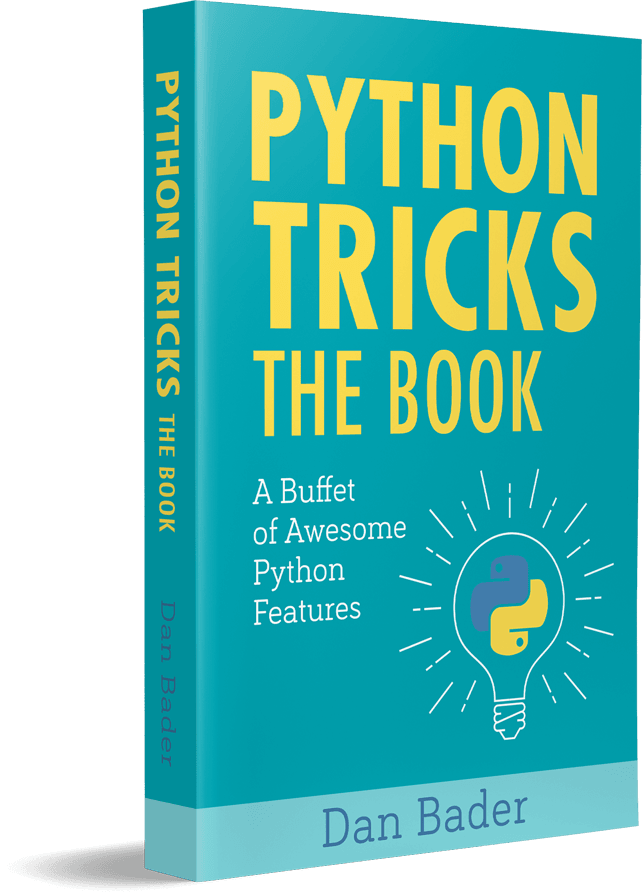Congratulations! You’re going to PyCon US!
Whether this is your first time or not, going to a conference full of people who love the same thing as you is always a fun experience. There’s so much more to PyCon than just a bunch of people talking about the Python language, and that can be intimidating for first-time attendees. This guide will help you navigate all there is to see and do at PyCon.
PyCon US is the biggest conference centered around the Python language. Originally launched in 2003, this conference has grown exponentially and has even spawned several other PyCons and workshops around the world.
Everyone who attends PyCon will have a different experience, and that’s what makes the conference truly unique. This guide is meant to help you, but you don’t need to follow it strictly.
By the end of this article, you’ll know:
- How PyCon consists of tutorials, conference, and sprints
- What to do before you go
- What to do during PyCon
- What to do after the event
- How to have a great PyCon
This guide will have links that are specific to PyCon 2024, but it should be useful for future PyCons as well.
Free Download: Get a sample chapter from Python Tricks: The Book that shows you Python’s best practices with simple examples you can apply instantly to write more beautiful + Pythonic code.
What PyCon Involves
Before considering how to get the most out of PyCon, it’s important to first understand what PyCon involves.
PyCon is broken up into three stages:
-
Tutorials: PyCon starts with two days of three-hour workshops, during which you get to learn in depth with instructors. These are great to go to since the class sizes are small, and you can ask questions of the instructors. You should consider going to at least one of these if you can, but they do have an additional cost of $150 per tutorial.
-
Conference: Next, PyCon offers three days of talks. Each presentation lasts for thirty to forty-five minutes, and there are about five talks going on at a time, including a Spanish language charlas track. But that’s not all: there are also open spaces, sponsors, posters, lightning talks, dinners, and so much more.
-
Sprints: During this stage, you can take what you’ve learned and apply it! This is a four-day exercise where people group up to work on various open-source projects related to Python. If you’ve got the time, going to one or more sprint days is a great way to practice what you’ve learned, become associated with an open-source project, and network with other smart and talented people. Learn more about sprints in this blog post from an earlier year.
Since most PyCon attendees go to the conference part, that’ll be the focus of this article. However, don’t let that deter you from attending the tutorials or sprints if you can!
You may even learn more technical skills by attending the tutorials rather than listening to the talks. The sprints are great for networking and applying the skills that you’ve already got, as well as learning new ones from the people you’ll be working with.
What to Do Before You Go
In general, the more prepared you are for something, the better your experience will be. The same applies to PyCon.
It’s really helpful to plan and prepare ahead of time, which you’re already doing just by reading this article!
Look through the talk schedule and see which talks sound most interesting to you. This doesn’t mean you need to plan out all of the talks that you’re going to see, in every slot possible. But it helps to get an idea of which topics are going to be presented so that you can decide what you’re most interested in.
Getting the PyCon US mobile app will help you plan your schedule. This app lets you view the schedule for the talks and add reminders for the ones that you want to attend. If you’re having a hard time picking which talks to go to, you can come prepared with a question or problem that you need to solve. Doing this can help you focus on the topics that are important to you.
If you can, come a day early to check in and attend the opening reception. The line to check in on the first day is always long, so you’ll save time if you check in the day before. There’s also an opening reception that evening, so you can meet other attendees and speakers, as well as get a chance to check out the various sponsors and their booths.
If you’re brand-new to PyCon, the Newcomer Orientation can help you get caught up on what the conference involves and how you can participate.









